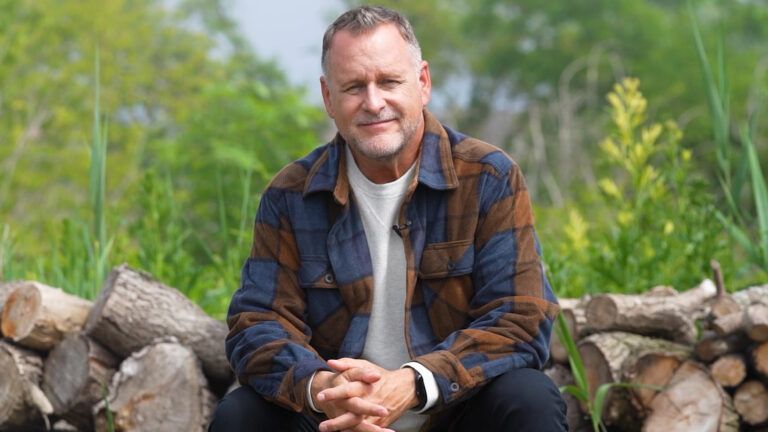In the field of addiction medicine, the term denial means an inability or reluctance to acknowledge the presence of addiction in oneself or a loved one.
Denial is common both in addicts and in families affected by a substance use disorder.
Why is truth so often a casualty of addiction? It’s not because people who are sick lack willpower or take pleasure in deceit.
Alcohol and other drugs affect the brain’s prefrontal cortex, which governs rational thinking and decision-making. People struggling with substance misuse have a distorted view of reality and find it difficult to think beyond the immediate need to keep using.
Loved ones are often ashamed of addiction—a shame rooted in a widespread misperception that substance abuse is a mark of moral failure rather than a treatable illness.
Parents’ aspirations for their children, children’s fear of instability in their family and spouses’ reluctance to bring discord into a relationship all make it hard for loved ones to talk openly and honestly about addiction.
Adult children of older parents face the additional challenge of distinguishing between the effects of substance misuse (such as memory loss or impaired movement) and the natural effects of aging. It can be easier to believe the latter.
Denial can have devastating effects. Relationships are strained when addicts and their loved ones do not get the professional treatment they desperately need.
What should you do if you suspect a substance use problem? If the problem is yours, seek out a qualified treatment professional. Honesty is the antidote to denial.
If your loved one has a problem, share your concerns in a direct, straightforward way. Remember that there is no shame in addiction, just as there is no shame in any other mental or physical illness. Lying about the disease or hoping it will go away on its own only worsens its inevitable progression.
If your loved one refuses to acknowledge the problem, seek professional help for yourself and consider attending Al-Anon or another support group for loved ones affected by addiction.
Qualified treatment organizations can often refer you to a professional interventionist, who can help facilitate a conversation between an addict and their loved ones.
Arm yourself with facts, seek help and remember that—with addiction or any disease—openness and honesty are key to successful treatment.
Ming Wang, M.D.
Addiction Medicine Physician
Caron Treatment Centers





